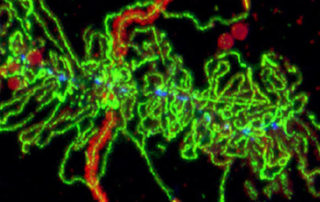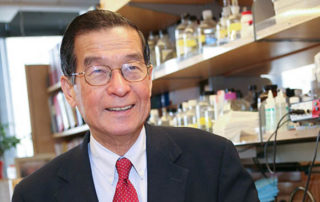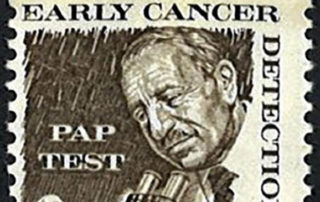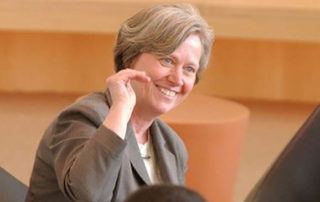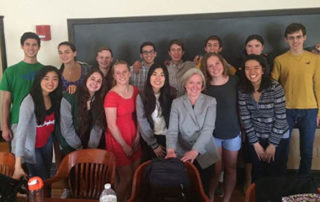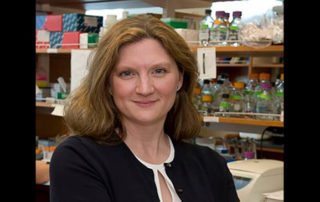Spring 2018 Newsletter
2018 Spring
Get a global view on global health—Learn about Lasker Laureate William Foege’s “surveillance and containment” strategy to eradicate smallpox, hear from Lasker Laureate Alfred Sommer about recent “near-miss” epidemics, and read about how government, non-profit, and industry sectors all play a role in global health.


